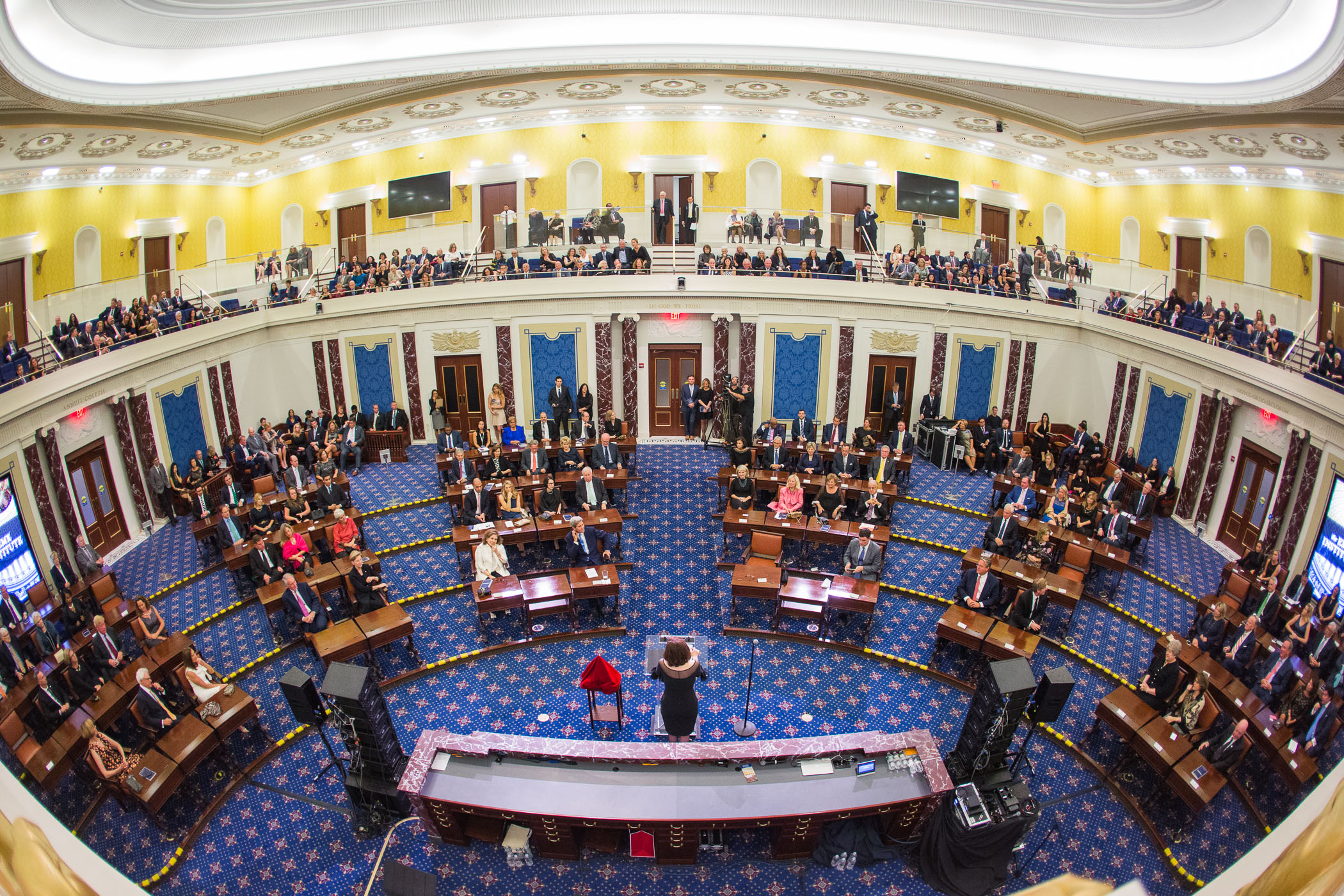The Senate Energy and Natural Resources Committee held a hearing on “The State of the Territories.” Governor Pierluisi was one of the witnesses. As is customary in hearings like this, he submitted written testimony.
“I am pleased to report that Puerto Rico has entered a new era of economic progress and optimism,” he wrote. “We successfully restructured the government’s debt to sustainable levels, our economy grew 4% last year, we are strategically employing federal funding across the Island, and government revenues are surpassing estimates. In fact, all economic indicators have consistently been on the rise during the past two years, we have 150,000 additional jobs since 2021, the labor participation rate has increased by 5 percentage points, we now have the lowest unemployment rate in our history, and we are expecting similar figures for 2023.”
It’s exciting to hear good news about Puerto Rico’s economy. Pierluisi argued for an end to the PROMESA oversight board, pointing out that its disbanding will save Puerto Rico $65 million per year. He reported on energy and communication infrastructure progress.
Puerto Rico’s political status
The governor also brought up Puerto Rico’s political status, which is still unresolved. “On December 15, 2022, the U.S. House of Representatives, on a bi-partisan vote, passed the Puerto Rico Status Act, H.R. 8393, to authorize a plebiscite that, once and for all, would resolve the century-long political status question that hinders progress and economic development on the Island,” he wrote. “H.R. 8393 provides that on November 5, 2023, the 3.2 million American citizens residing in Puerto Rico would be able to choose among the following non-territorial political status options as alternatives to the current territorial status: independence, sovereignty in free association, or statehood. President Biden expressed support for the bill by stating: ‘For far too long, the residents of Puerto Rico—over 3 million U.S. citizens—have been deprived of the opportunity to determine their political future and have not received the full rights and benefits of their citizenship because they reside in a U.S. territory.’”
Having reminded the Senate that the House of Representatives and the White House have already supported the end of Puerto Rico’s colonial position, he went on, “The people of Puerto Rico have repeatedly voted to end the Island’s current territorial status, and an absolute majority of them want Puerto Rico to become a state of the Union. Ignoring their quest for equal rights, including the right to vote for president and to have voting representation in Congress, goes against the democratic ideals this Nation was built on.”
Pierluisi then got right down to the responsibility of the Senate. “For far too long, the U.S. Senate has looked the other way to avoid righting the colonial nature of Puerto Rico’s status,” he wrote. “This is an affront to the American democratic values that hundreds of thousands of Puerto Rican soldiers have defended around the world while wearing the Stars and Stripes on their arm alongside their fellow Americans.”
Reaffirming his commitment to demand equality for his constituents, Pierluisi went on to make a very specific demand: “I urge you to continue the important work of H.R. 8393 in this Congress and not allow this important opportunity to pass by. 125 years of unequal treatment towards the American citizens living in Puerto Rico have taken a toll on our society. And it is important to realize that even after the successful restructuring of our public finances and the rebuilding of our infrastructure, Puerto Rico will remain hindered until our century-long status question is resolved.”
Is statehood less important now?
Good economic news from Puerto Rico is exciting. But, just as the Island’s economic challenges did not make statehood impossible, economic improvements do not make statehood optional.
Puerto Rico cannot have equality or justice as long as we continue to be a territory, a colony, a possession of the United States. 32 territories have already become states. As territories, they did not have equality with the states. As states, they are on an equal footing with all the other states under the U.S. Constitution.
As long as Puerto Rico is a territory, Congress will have the power to treat Puerto Rico differently from the states. It is legal under the Constitution to refuse SSI benefits to a territory, to provide less federal support for medical care and nutrition, and to set different standards for treatment in hundreds of ways. Congress can give a plan to Puerto Rico this year and take it away next year.
Puerto Rico needs statehood. Please contact your senator, if you live in a state, and ask for action. If you have friends and family living in a state, please ask them to do the same. Puerto Rico has no senators. People in the states must help be the voice of Puerto Rico in the Senate.








No responses yet